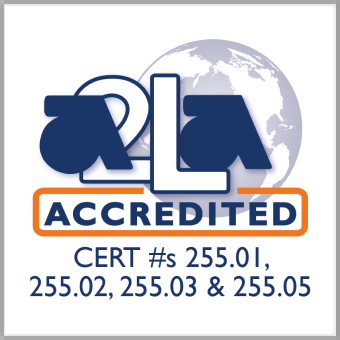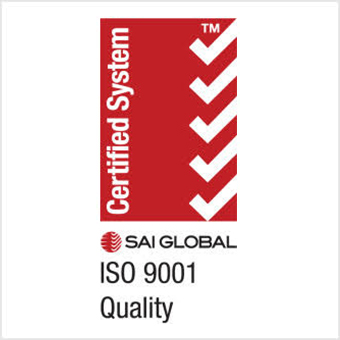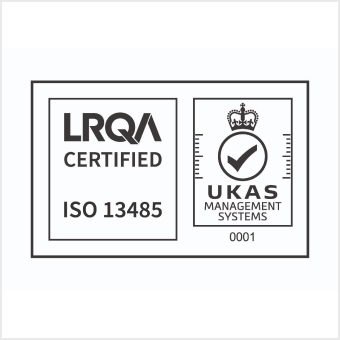ARDL uses Karl Fischer titration to determine the water content of liquids and solids, including polymers. Molding wet polymers can cause degradation, so moisture content information can be very important when processing hygroscopic polymers (water absorbing) like nylon. When trying to verify the moisture content of your product or compound, this method offers you the highest level of accuracy and precision because it specifically determines the water content independently of other volatiles.
Based on the material being analyzed, the Karl Fischer technique involves heating samples (which can be very small in size) in an oven for a specific period of time at a predetermined optimum temperature. The water in the sample is vaporized and carried into a reaction vessel containing a methanolic solution. The water molecules are then dissolved in the methanol and titrated to an end point with a Karl Fischer reagent to measure the water content from a nearly unlimited range of 10-4% to 100% (results can also be provided in parts per million).
The Karl Fischer technique is also useful for biocompatibility testing when used with other chemical analysis techniques to evaluate formulations for impurities and extractables to help produce safe and effective products.




